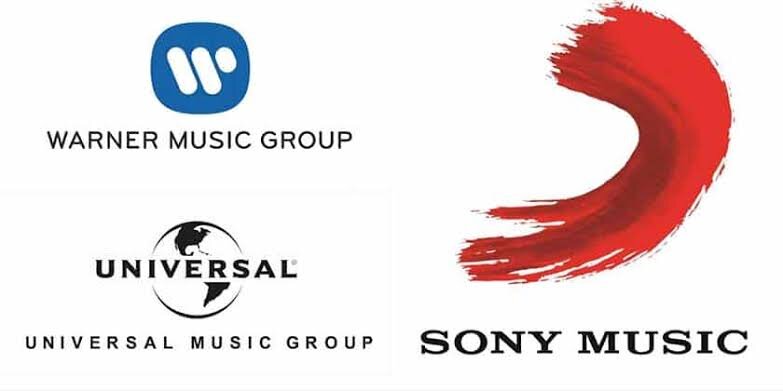DIY vs. Major Label: Is the Independent Artist Route the Way To Go?
There are very few barriers of entry into the music industry given the increased accessibility to technology and services that allow artists to essentially “DIY” their music career. In 2018, independent artists generated over $643 million of revenue, and that number may have increased to over $2 billion within the past year. Especially given the pandemic, these artists have had more time on their hands to release music through DIY services such as Tunecore and Distrokid and in turn, generate revenue for their craft. However, while the independent music sector as a whole is a fast growing aspect of the industry, the greatest chance for success still lies with a team of experts who know their way around turning an artist’s music into a profitable business.
The biggest attraction of the independent artist route versus the major label route is the ability to maintain complete control over one’s music. In fact, 83% of independent artists say that their priority is maintaining creative control over their music, as opposed to 74% of label artists. Maintaining creative control over one’s music is extremely important for an artist to further their career. Therefore, many artists that are just starting up in the music industry tend to forgo the risk of losing the rights to their music by avoiding a contract with a record label. However, with complete control over one’s music and their business ventures, comes great responsibility that may become too much for one person.
Operating as an independent artist takes a great deal of time, networking, and money. In many cases, these resources are not as readily available to independent artists as they are to label artists. This is why the independent route may not always be the best way to go, and it is more practical to organize a team of professionals to do this work for you. The role of a manager is to attract the resources needed to sustain an artist’s creative enterprise. Resources such as an agent, a lawyer, and a marketing team are more easy to obtain when a manager is using their network and expertise to gather them. When it is all up to the artist, the energy that they should be putting into writing music, rehearsing, and recording, is being dispersed amongst other things such as booking, producing marketing content, developing public relations strategies, and managing their own enterprise as a whole.
However, the biggest catch to the independent artist route is definitely the money. As an independent artist, funding and financial support is difficult to obtain. Whereas when backed by a label, the company invests their money in helping you develop your career. According to Forbes Magazine, “independent artists earned an average of $12,860 a year off music, and label artists earned an average of $23,913. About three-quarters of independent artists earned less than $10,000 a year from music, compared to 61% of label artists.” Thus, showing that being backed by a record label can show a significant increase in success and earnings from your music, as opposed to going the independent artist route.
While there are many advantages to being a “DIY” artist, such as retaining the rights to their music and working on their own timeline, the reality is that not every artist can make it big on their own. According to the statistics, a team of trusted professionals is necessary to up your chances of success in the music industry. By investing your time and money into searching for music industry professionals that care about your success -and most importantly, your music- you will definitely have a higher chance of seeing your goals come to fruition.
EAR is dedicated to letting artists take the wheel of their creative enterprise, and we are happy to help developing artists grow. Go to eltonaudio.com for more information.


